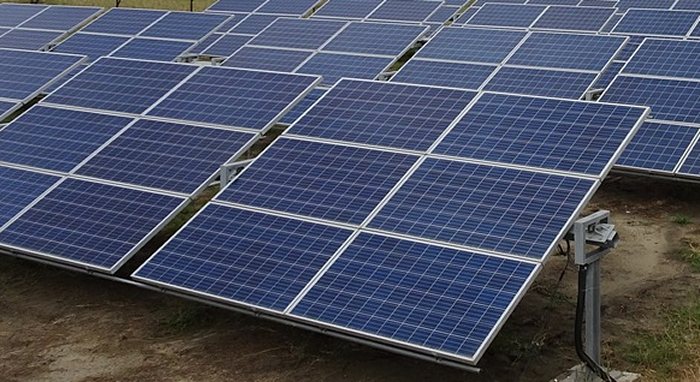
Image: sarangib
The nature of community relationships can make or break large-scale renewable energy projects and Australia’s renewables sector is becoming increasingly aware of this.
While Australia’s large-scale wind and solar power industry has a fairly good track record on community engagement, sometimes communications break down and that leads to confusion, rumours and misinformation – resulting in resistance to renewable energy projects.
Where there is resistance, this can result in delays and changes in plans that can be costly. It’s in everyone’s interests that the road to establishing solar and wind farms is as smooth as possible, and the ongoing relationship with communities is amicable and mutually beneficial.
Yesterday, thirty-seven major businesses signed on to a new best practice charter developed by the Clean Energy Council, which was launched at the Australian Clean Energy Summit.
The ten pledges of the charter, in summary:
- Engaging respectfully with communities.
- Providing timely information and responsiveness to community feedback and concerns.
- Being sensitive in terms of biodiversity, cultural and landscape value of sites.
- Minimising impact on highly productive agricultural land.
- Consulting with communities on impacts, such as traffic and noise.
- Supporting local economies through employment and procurement opportunities.
- Sharing of benefits.
- Supporting educational and tourism opportunities where appropriate.
- Responsible land stewardship over the life of projects.
- Responsible decommissioning or refurbishing of projects when they reach the end of their service life.
The full charter can be viewed here (PDF).
“Renewable energy is now the lowest cost kind of energy generation we can build today, and regional communities will see more of these projects over the coming decades,” said Clean Energy Council Chief Executive Kane Thornton. “The industry understands we need to invest strongly in bringing local communities with us on the journey to secure the clean energy sector’s long-term success.”
Among the dozens of companies to sign on to the Charter are ESCO Pacific, Hydro Tasmania, Photon Energy, SolarReserve, Windlab and Tesla.
In the event a signatory company doesn’t live up to the spirit of the Charter, the CEC may remove the company from the list and make the date of that removal public. It mightn’t sound like too harsh a penalty, but savvy developers would understand the ongoing impact that could have. Given the clout of the CEC, being listed and maintaining a good standing may also come into play when developers are seeking planning approvals.

 RSS - Posts
RSS - Posts



Speak Your Mind